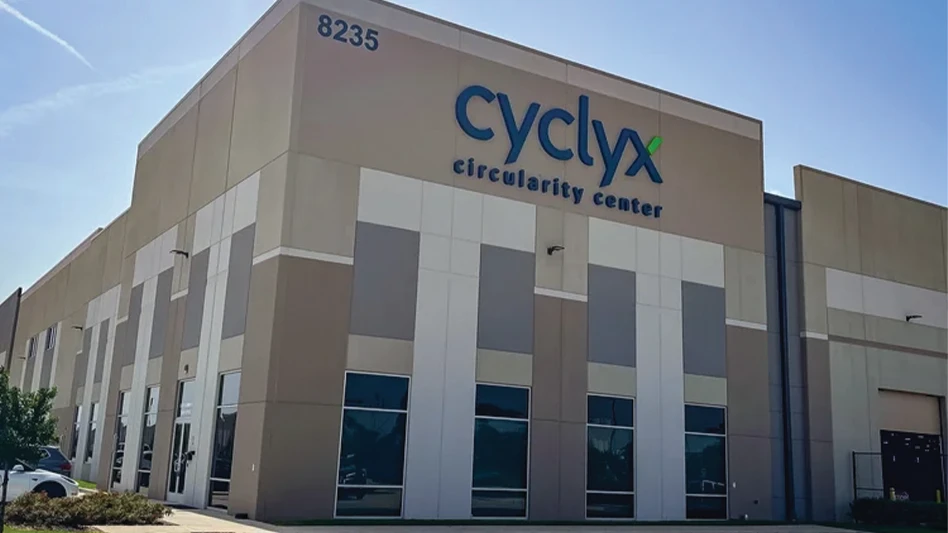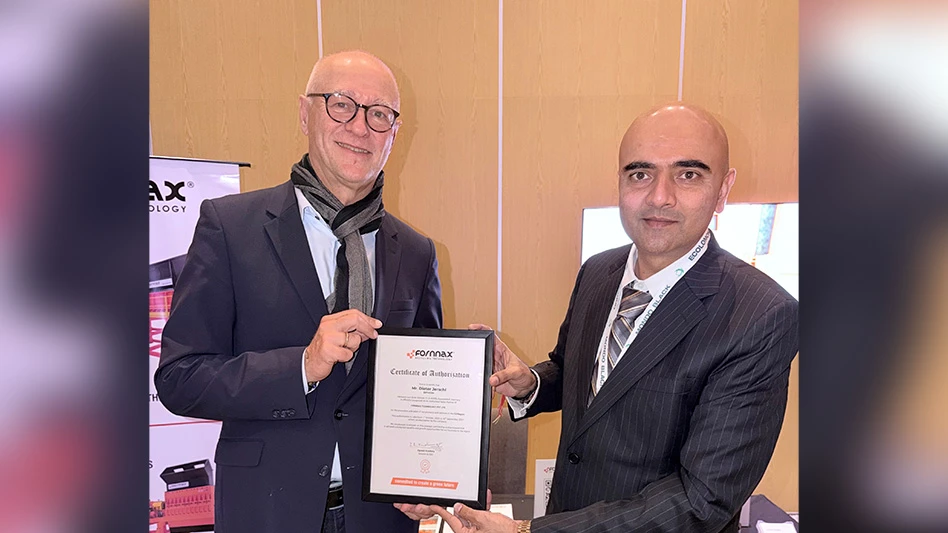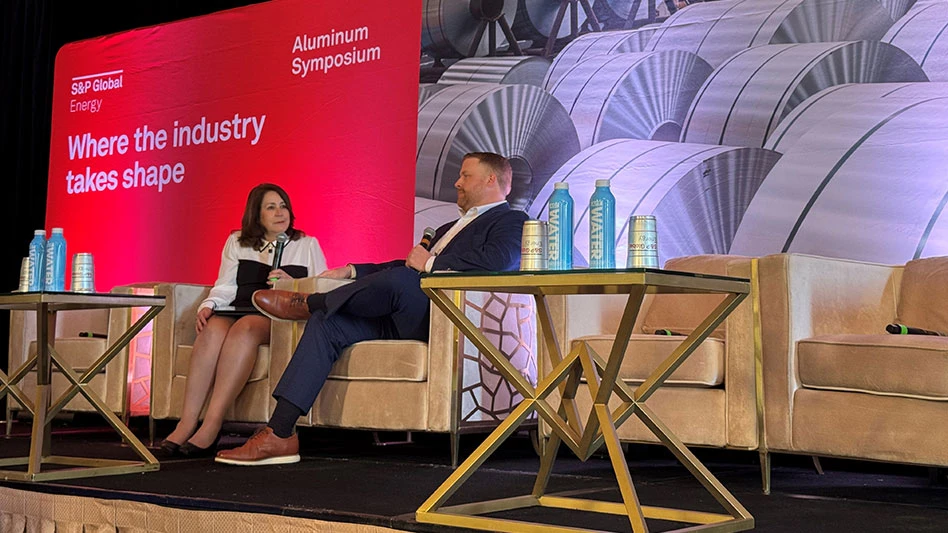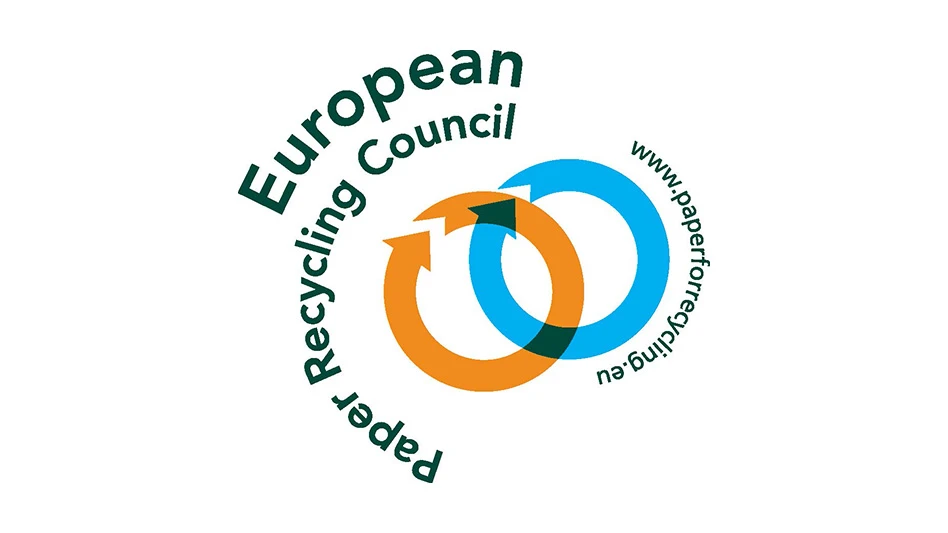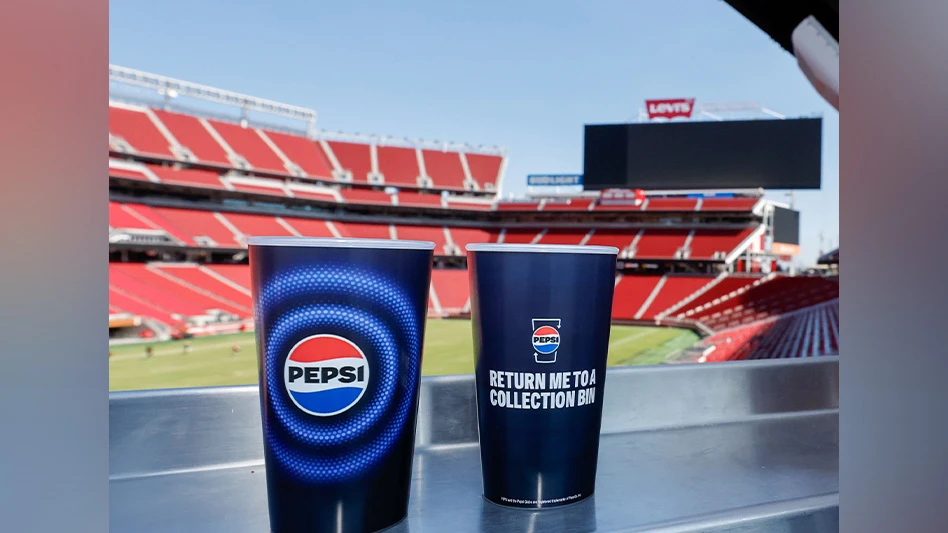
Recycling Today archives
The Brussels-based European Waste Management Association (FEAD) says additional mixed materials sorting systems in front of incineration and waste-to-energy (WTE) plants “are not the silver bullet for achieving a circular economy.”
In particular, FEAD says a February study conducted by London-based Eunomia for Zero Waste Europe (ZWE) and Reloop, both based in Brussels, “undermines years of awareness raising and investments made by the sector to implement and ensure the functionality of source separation of municipal waste by our citizens.”
In response, Janek Vahk of ZWE says that group is “not suggesting that mixed waste sorting (MWS) provides an alternative to source separation.”
Rather, says Vahk, research it helped conduct examined MWS in the context of localities first having a deposit-return system (DRS) in place that helps achieve “the Single-use Plastics Directive’s targets.” ZWE says a DRS is part of an overall strategy wherein “the recyclability of plastics is improved.”
Regarding source separation, Vahk says a worthy goal is that the EU “achieves the highest demonstrated separate collection rates for plastics of 75 percent.”
Continues Vahk, “We concluded that achieving higher separate collection rates will be challenging and difficult. As FEAD notes, there have been years of investment in separate collection, and the average EU performance on plastics is still poor at best.”
FEAD says counting on pre-WTE sorting as one alternative is “a dangerous message, as source separation is mandatory under the Waste Framework Directive precisely to ensure quality recycling. Consequently, separately collected waste shall not be incinerated or landfilled.”
That association adds that it “strongly supports the improvement and increase of source separation as the most efficient and effective way to ensure quality recycling. In addition to source separation, the implementation of mandatory deposit-return schemes in the EU is foreseen in the [European] Commission’s proposal to revise the current Packaging and Packaging Waste Directive.”
Continues FEAD, “This will already prevent the biggest part of effectively recyclable waste from being incinerated or landfilled, as will be the case of PET bottles or aluminum cans, which may still be found in mixed municipal waste streams as common ‘to-go’ consumables.”
FEAD cites Germany, “where the separate collection rate is one of the highest in the EU, with a mature extended producer responsibility (EPR) and deposit-return system.”
Comments Claudia Mensi, FEAD’s president, “The installation of mixed municipal waste sorting systems prior to incineration or disposal may be a solution only in specific local circumstances where source separation cannot be implemented with the necessary standards. For the rest, our citizens’ participation via source separation will always be preferable.”
Counters Vahk, “Debating what the actual performance of separate collection could be is not the point of the report.” The target, he says, “is at the higher end of likely separate collection performance, which may take years to achieve and at considerable cost.”
In the meantime or even after additional effort, he says, “The separation performance is still not good enough, and too many valuable fossil-derived resources will be incinerated to produce unrenewable energy. Those resources can be separated by MWS and put to good use in a circular economy, displacing the need for virgin materials and avoiding the carbon emissions from energy from waste.”
Regarding WTE plant infeed, according to ZWE, “FEAD is incorrect to assume that fractions are ‘highly and irreversibly contaminated.’ Plastics and metals may have higher amounts of moisture and organic material, but this does not prevent recycling. Perhaps it does require further investment into better plastic wash plants. As rightly pointed by FEAD, elevated organic and moisture content in papers is detrimental to paper recycling, but the material can be recycled. Nevertheless, separation of papers through MWS is not as important as separating the fossil-derived materials.”
FEAD describes itself as representing the private waste and resource management industry in Europe, including 18 national waste management federations and 3,000 waste management companies. ZWE says it is dedicated to “the conservation of all resources by means of responsible production, consumption, reuse and recovery of products, packaging and materials.”
Latest from Recycling Today
- NAW secures injunction blocking enforcement of Oregon’s EPR law
- WM opens 2 new MRFs in Ontario
- International Paper to close Washington box plant
- Cascades exits honeycomb packaging, partition business segments
- Customer focus drives Bantam Materials’ success
- ATI reports slimmer profits
- Papilo acquires Allwood Recycling in UK
- RecycleNation helps people find nearby recycling facilities
